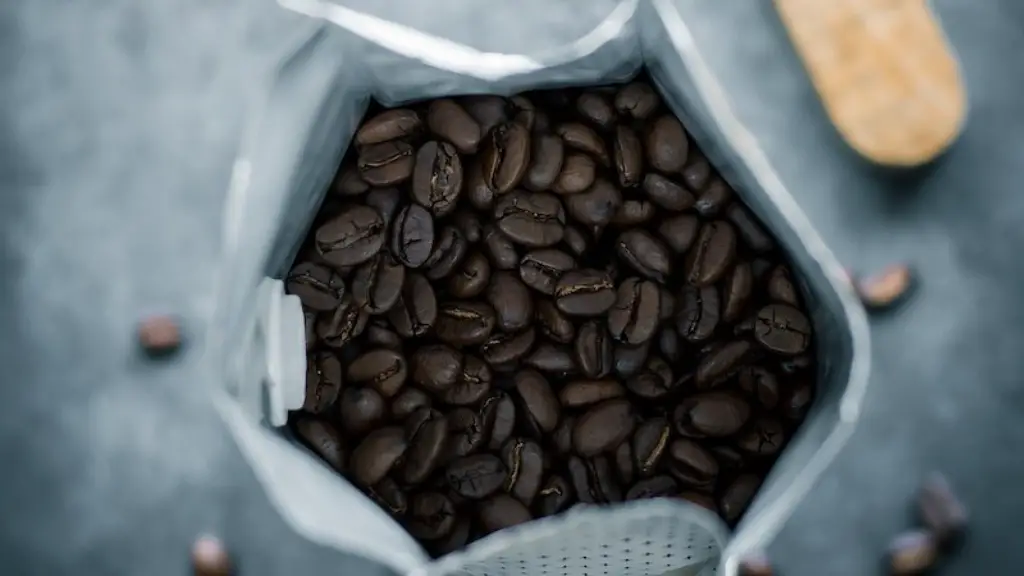Coffee has been part of the daily lives of a lot of adults all around the world, but what about kids? Do they really need coffee in their system? According to experts, children below the age of 18 should avoid drinking caffeine and stick to wholesome drinks such as water, milk or even juice. Caffeine carries numerous health risks for kids, which might result in poor physical and mental health.
However, there are certain situations when it’s allowed for kids to drink coffee. Some physicians consider it acceptable to let kids consume small amounts of coffee if they are having a hard time staying awake, for instance during exams. As it’s known, combining coffee with studies can improve focus and mental performance, so it can be used in these cases as a one-time measure.
Given the amount of studies being conducted on the matter, the tolerance level to coffee still seems to vary. As a rule of thumb, experts recommend that the daily consumption of coffee is limited to 150 milligrams per day. This amount of caffeine is equal to one and a half cups of coffee, so the goal is to keep the consumption as low as possible.
To help make the decision easier for parents, researchers created two frameworks for estimating the amount of caffeine that a child can drink. The first one uses the body surface area as an indicator of age, whereas the second uses an age-related index validated against the body surface area. By using these frameworks, parents can adjust their children’s caffeine consumption accordingly.
One must remember that no matter what, coffee it is still a stimulant and carries a lot of risks for kids. It can lead to dehydration, nausea, increased heart rate and even hypertension. To avoid these problems, parents should always supervise their child’s caffeine consumption, and make sure it’s adjusted according to the previously mentioned frameworks.
How can it impact their overall health?
Although there are a few benefits associated with caffeine consumption, kids should still be kept away from coffee as much as possible. Some of the numerous health risks can include restlessness, insomnia and indigestion. As a matter of fact, researchers were able to demonstrate that even small amounts of coffee can have a detrimental effect on a child’s mood, behavior and body functions.
In addition, coffee can also affect their hormone balance, which in turn can result in increased blood sugar levels. This is a serious issue that can lead to the development of Type 2 Diabetes in the future. Furthermore, a study conducted by the American Academy of Pediatrics found that caffeine use among teens can result in higher levels of anxiety, depression and even suicidal thoughts.
To sum up, even though coffee consumption can be beneficial in certain situations, parents should still try to protect their kids by limiting their consumption of caffeine as much as possible. Coffee has a lot of health risks for children, and these can be dangerous for their overall wellbeing in the long-term.
What alternatives are available?
Fortunately, there are several alternatives that parents can give to their kids instead of coffee. One of the best options is hot chocolate, which is usually rich in cocoa, and has a milder effect on the human body. Hot chocolate contains a certain chemical known as theobromine, which is similar to caffeine, but less physiologically intense.
Another option is herbal teaswhich contain virtually no caffeine at all. In addition to the calming effects they have on the body, they are rich in various antioxidants that can be of great benefit to the human body in the long run. Some of the best teas for kids in this category include chamomile, peppermint and rooibos.
Finally, fruit-flavored drinks are an excellent replacement as well. Kids get their daily dose of sugar and vitamins, and in the same time they can avoid the harmful effects of caffeine. The various flavors and aromas they can find in the market will surely make the drinking experience easier and more enjoyable.
How to incorporate it in food?
It’s important to note that coffee doesn’t have to be consumed in beverage form. Parents can easily incorporate it into food, in order to reduce the risk for their kids. There are countless recipes available out there that include coffee, such as cakes, ice creams and milkshakes.
For instance, salads and sandwiches can be enhanced with a touch of espresso or cold-brew, which in turn can bring out the flavor and make even the simplest of meals a lot more exciting. Those with sweet tooth will certainly enjoy desserts such as affogato, tiramisu and mocha ice cream.
At the same time, coffee can be a great addition to various dishes that are already on the menu. Main courses such as steak, pork ribs and even salmon fillets can be easily complemented with some espresso-based glaze, which can bring out the natural tastes of the ingredients and create an unforgettable culinary experience.
What long-term effects can it have?
Many experts agree that it’s better for kids to avoid coffee altogether in order to prevent any potential side effects. Even if their body is not particularly sensitive to caffeine, there are still a few long-term effects that can affect them in the future.
Namely, a study showed that coffee consumption in adolescents can increase the risk for addiction. Furthermore, researchers also noted that children as young as twelve can develop a coffee/caffeine dependency. This can lead to health issues down the road, including difficulty sleeping, higher levels of anxiety and increased blood pressure.
Not to mention the fact that if kids start drinking coffee too young they might end up missing out on important nutrients and gaining excess weight. This is why it’s important to keep coffee consumption under control and make sure that they stick to natural, wholesome drinks.
Should parents be worried?
It’s normal to worry when it comes to kids and coffee. Parents should try to observe and be aware of their child’s caffeine intake, and try to limit it to the minimum necessary. Experts suggest making coffee consumption part of a family discussion, in order to find the best alternatives and the most suitable solution for their children.
Moreover, if parents think that their child is having a hard time staying away from coffee, they should offer helpful solutions, instead of punishing them. Teaching them about the importance of a healthy diet and distracting them with physical activities can make the transition smoother and have more positive results.
At the end of the day, it’s up to parents to decide how much coffee their kids are allowed to drink, as long as it’s within the boundaries of what’s considered safe. To make the process easier, they should make sure that their children adopt healthy habits and are provided with the necessary educational tools.





